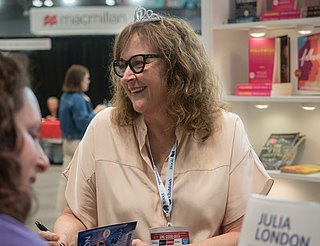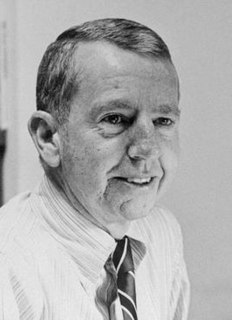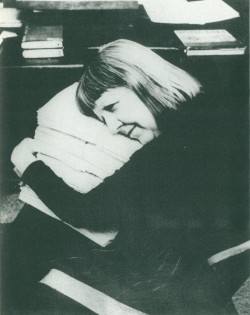A Quote by Alice Munro
'Lives' is one of those books I should really have written when I was younger. It is the classic childhood, adolescence, breakthrough-into-maturity book. Every beginning writer has that material - and after that, you're not sure what you can do.
Related Quotes
You have read very good books, I am sure; there is an excellent book however, that never grows old; it is the one that God has written on every plant, on every grain of sand, in yourself; it is the book of Divine love. Give, therefore, your preference to that beautiful book and add to it a few pages of admiration and gratefulness. Read and understand all other books in the light of this one.
The children's writer not only makes a satisfactory connection between [the writer's] present maturity and his past childhood, he also does the same for his child-characters in reverse - makes the connection between their present childhood and their future maturity. That their maturity is never visibly achieved makes no difference; the promise of it is there.
Books are just dead words on paper and it is the readers who bring the stories alive. Previously, writers wrote a book and sent it out into the world. A couple of months after publication letters from readers might arrive. And, leaving aside the professional reviews, it is really the reader's opinions that the writer needs. They vote for a book - and a writer - with their hard earned cash every time they go into a bookstore (or online - that's my age showing!) and buy a book.
As for my writing process, there is one truth I have discovered after writing some twenty-plus books: Not every book is the same, but the middle of every book is where I really begin to question my choice of vocations. The beginning and end is usually fairly clear to me, but that middle just sucks the life right out of me.
I began writing books after speaking for several years and I realize that when you have a written book people think that you're smarter than you really are if I can joke. But it's interesting. People will buy your book and hire you without reading the book just because you have a book and you have a book on a subject that they think is of interest to themselves or e to their company.
I've heard people ask, What's so sacred about a classic books that you can't change it for the modern child? Nothing is sacred about a classic. What makes a classic is the life that has accrued to it from generation after generation of children. Children give life to these books. Some books which you could hardly bear to read are, for children, classic.






































